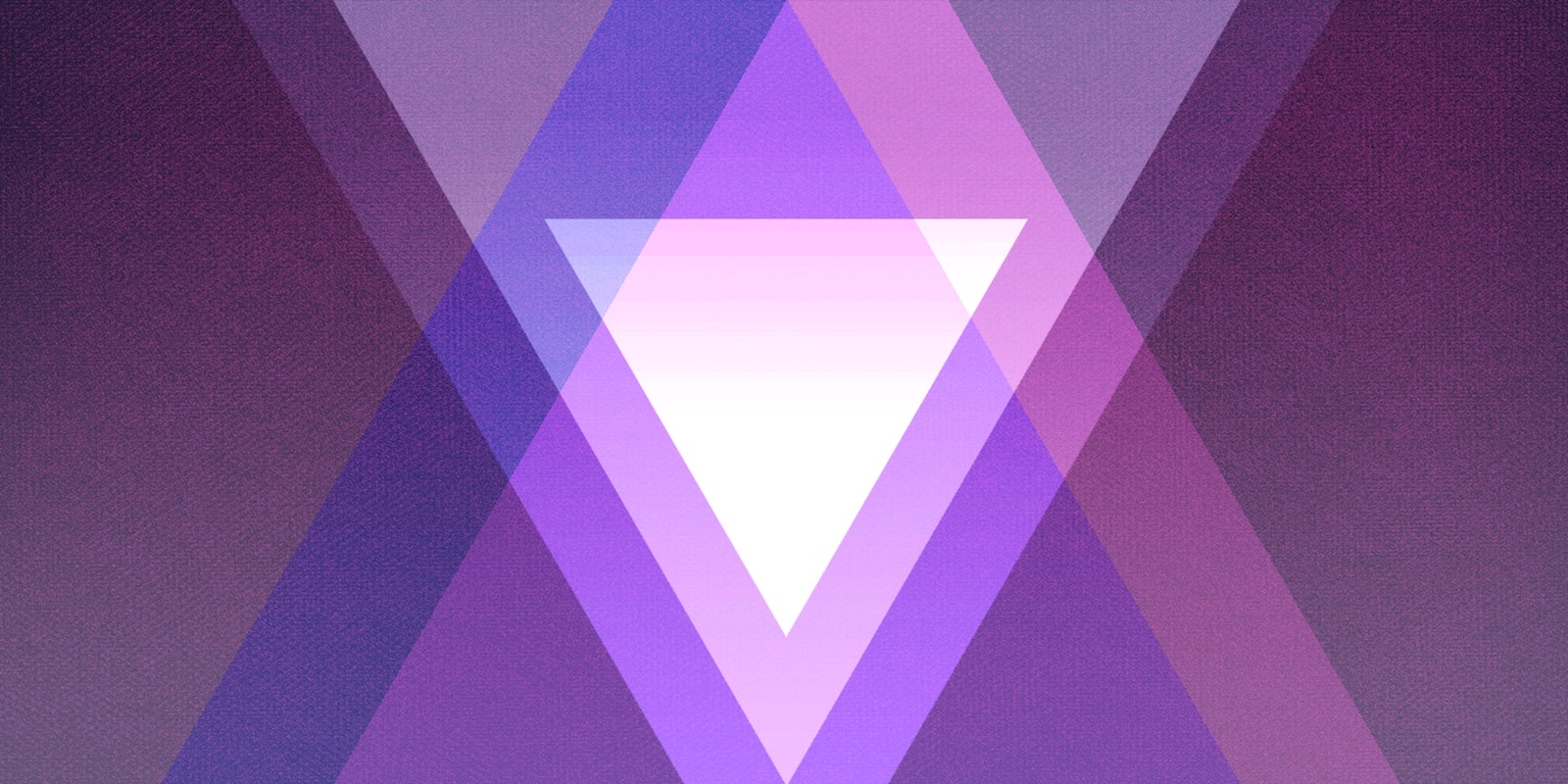Somebody warn Pat Robertson: The gay agenda has struck again.
According to a recent survey from YouGov, 50 percent of British millennials don’t label themselves as completely heterosexual. Forty-three percent of 18-to-24-year-olds identify somewhere in the middle of the Kinsey scale—which lists sexual orientation on a spectrum of one to six. “With each generation, people see their sexuality as less fixed in stone,” YouGov reports.
1 in 2 young people say they are not 100% heterosexual – http://t.co/h4gQ77RdBF pic.twitter.com/QhL0LTiXUL
— YouGov (@YouGov) August 16, 2015
The easy explanation for this phenomenon is that such open-minded thinking about sexuality reflects the “no labels” ethos proffered by actress Kristen Stewart and singer Miley Cyrus, who famously told Paper magazine: “I am literally open to every single thing that is consenting and doesn’t involve an animal and everyone is of age. … Yo, I’m down with any adult—anyone over the age of 18 who is down to love me.”
However, it’s not just that young people are eschewing labels but evolving notions of sexuality offer an increasing array of options outside the traditional boxes of gay and straight. No one has to put a label on it, but for those who do, a new generation is rewriting the rules.
For instance, an April 2015 post for Kinkly described the rise of the “solosexual,” which the site’s Jason Armstrong describes as “men who prefer masturbation over other sorts of sexual activity.” Armstrong continues, “There is a growing subculture of men who are finding that masturbation is the best sex of their lives. … They are meeting each other online on sites such as BateWorld.com or Chaturbate.com where masturbating on cam is the focus.”
Forty-three percent of 18-to-24-year-olds identify somewhere in the middle of the Kinsey scale—which lists sexual orientation on a spectrum of 1 to 6.
While Armstrong asserts that many solosexuals still engage in intercourse, according to Rain City Jacks founder Paul Rosenberg, these men “aren’t really interested in dating at all.” Rosenberg told the Huffington Post, “They just kind of want to play with themselves and share that experience with others.” Rosenberg and Armstrong describes the act as reclaiming the love of masturbation in a positive community—whether that’s in sex clubs or on the Internet.
Surprisingly, solosexuals come from all ends of the sexual spectrum; many are gay, while others identify as bisexual or maybe even straight. Some might not state a preference at all. As Rosenberg argues, “I would say it’s geared toward male solo-sex and gay sex, but if you don’t have penetration, a lot of people wouldn’t even define that as sex.”
However, solosexuals aren’t the only subculture to use the dating app and hookup revolution to create their own niche community on the Internet. Last year, OkCupid expanded its sexuality options to include “demisexual,” “heteroflexible,” and “pansexual,” which are already widely accepted categories of identification.
However, the site also added “sapiosexual,” which signifies that you value intelligence over all other qualities in a partner. The term exploded in popularity on OkCupid, branded the worst new dating trend of 2015 by Bustle’s Gabrielle Moss. While the term had it’s defenders and proponents, the flurry of thinkpieces on the topic signified that this was a bridge too far.
But that’s hardly the case—it’s a bridge we’ve long crossed. While terms like “sapiosexual” might feel pretentious and unnecessary, the idea merely reframes old notions about valuing a person over what body parts they happen to have. Solosexuality functions the same way, merely inverting the basics of asexuality: Asexuals aren’t motivated by sex—and many lack sexual feelings at all—but might be looking for a partner who fulfills other needs.
No one has to put a label on it, but for those who do, a new generation is rewriting the rules.
As Bust magazine’s Keira Tobias explains, “I want all the typical things from a romantic relationship… emotional intimacy, commitment, even touch, but I don’t have the need for sex that most people do.” Asexuals—like solosexuals—often engage in masturbation, as Tobias argues that “masturbation is a physical act that does not require sexual attraction,” but they’re doing it for the opposite reason. Solosexuals want to get off, but they don’t have the need for companionship that most people do.
If this feels like a complex—and somewhat confusing and contentious—distinction, it’s a conversation that’s only been made possible because of the Internet. I came out as a sophomore in high school in the nascent days of social media in 2003, and I struggled with what to come out as. I’d never felt gay or straight, but bisexual didn’t seem to apply to me. Was I pansexual? What is a pansexual, anyway? I wanted to be me, but with the limited choices I was given, I didn’t know how.
But a new generation of young people are devising creative solutions to coming out as themselves—by embracing the power of self-definition. Cornell professor Mitch Savin-Williams told NPR that many of his students are coming up with their own signifiers.
“One young woman defined herself as ‘squiggly,’” Savin-Williams said. “And there was silence and everyone was saying, ‘What exactly is that?’ And then she said, ‘Well, I feel like that’s what I am in terms of my gender and sexuality. I’m squiggly.’ A lot of people began to shake their heads and said, ‘Yeah, that’s pretty good. I feel that way, too.’”
What these moments do is offer models of possibility for other young people. Just as language itself develops and expands with the progression of time, so does the ways in which we think about sex and intimacy—and how we locate ourselves on the spectrum. It might be easy to look at surveys like the YouGov poll and argue that we’ve evolved past labeling, but students like the one above show that, for some, it’s just as necessary as important as ever. It’s just better when it’s on your own terms.
Nico Lang is the Opinion Editor for the Daily Dot.
Photo via Max Fleishman


